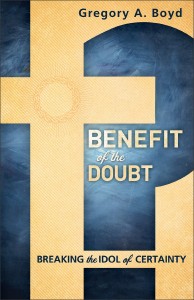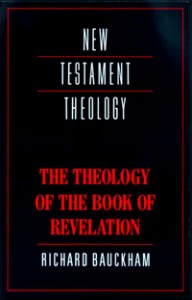Since our son Ezekiel passed away two and a half months ago, Breena and I have been often asked: How are you doing? The truth is, we’re doing well. This fact can be difficult for some to understand. After all, our 4 1/2 year old son died of a terrible disease that slowly destroyed his brain and his body for more than two years. How could we possibly be doing well after experiencing something like that?
 The only answer we have to that question is that we’ve found a hope that transcends death. We’re doing well because we have hope that there is something, or someone, who is greater than death. This hope, which has buried itself deep within our hearts over the past two years, is rooted in Jesus and his resurrection from the dead. We believe that Jesus conquered death once and for all; not that he has yet eradicated it and our bodies will never die, but that he has risen again from the dead, thereby destroying the power of death. If Jesus rose again, then death isn’t final, at least not for those who follow Jesus.
The only answer we have to that question is that we’ve found a hope that transcends death. We’re doing well because we have hope that there is something, or someone, who is greater than death. This hope, which has buried itself deep within our hearts over the past two years, is rooted in Jesus and his resurrection from the dead. We believe that Jesus conquered death once and for all; not that he has yet eradicated it and our bodies will never die, but that he has risen again from the dead, thereby destroying the power of death. If Jesus rose again, then death isn’t final, at least not for those who follow Jesus.
Nothing else on earth offers this kind of hope. No other religion or ideology offers the kind of hope that Christianity does through the resurrection of Jesus. The cross and resurrection, the “true message of the Gospel,” gives humanity a hope that no other way of life can – a hope that strips death of its power to make us afraid and replaces it with a vision of an unimaginably glorious and good life beyond death. As Paul writes in 1 Corinthians 15,


